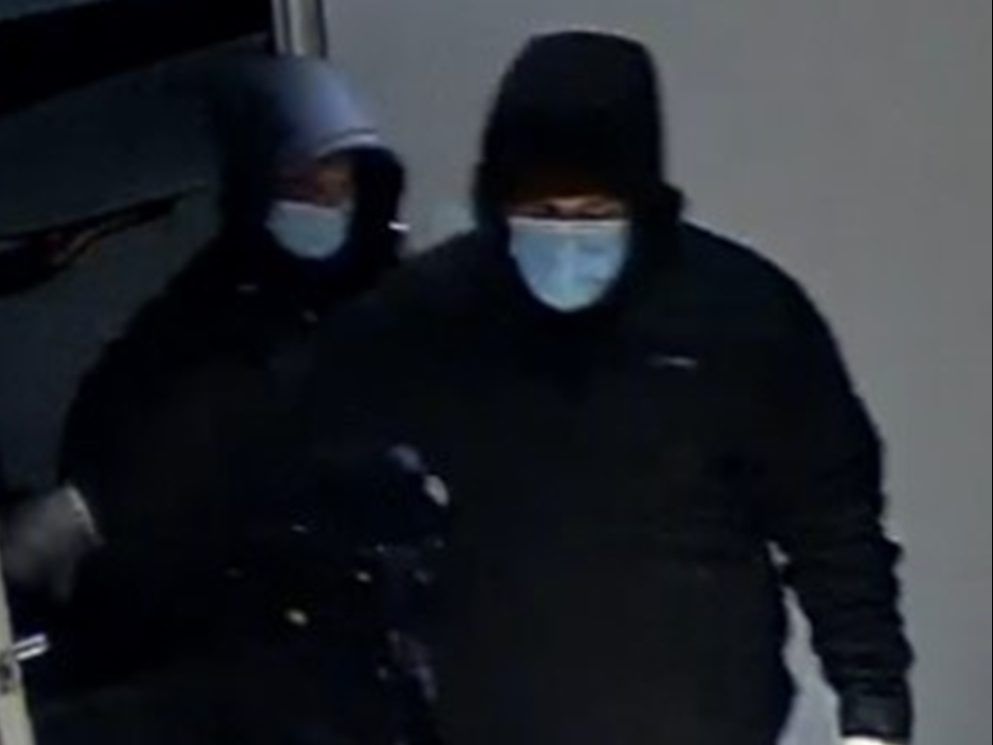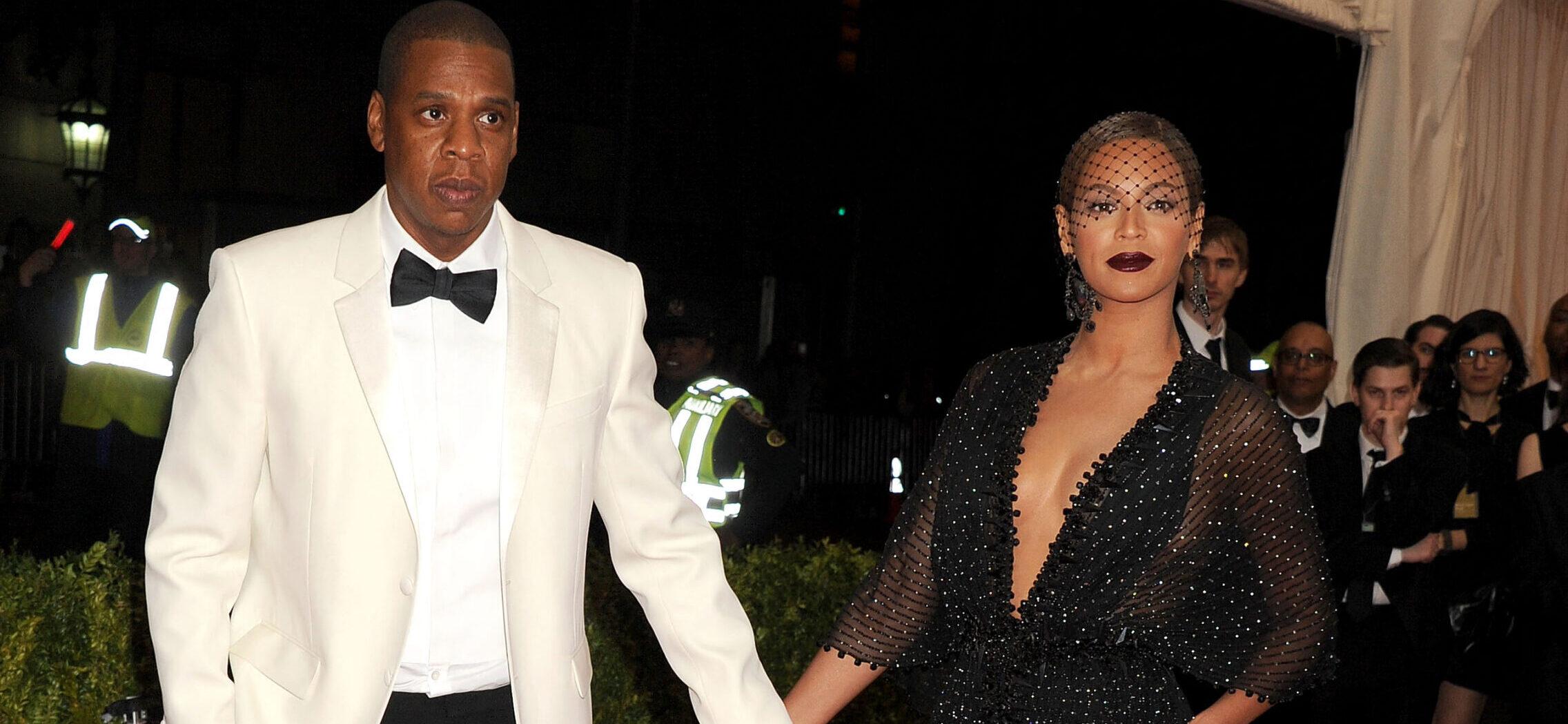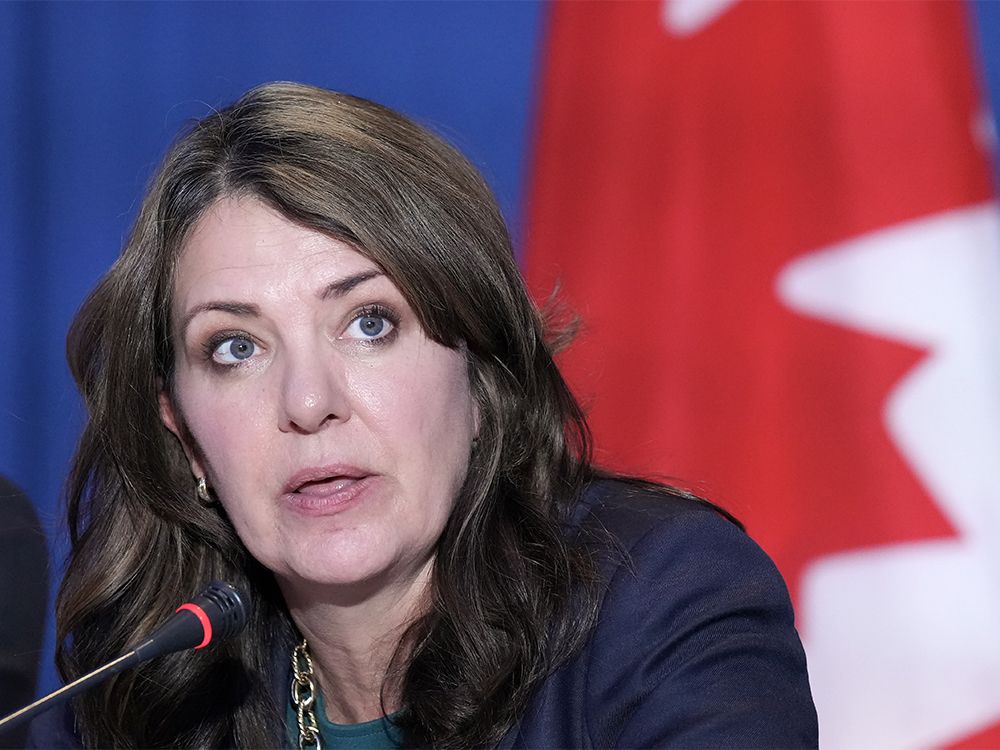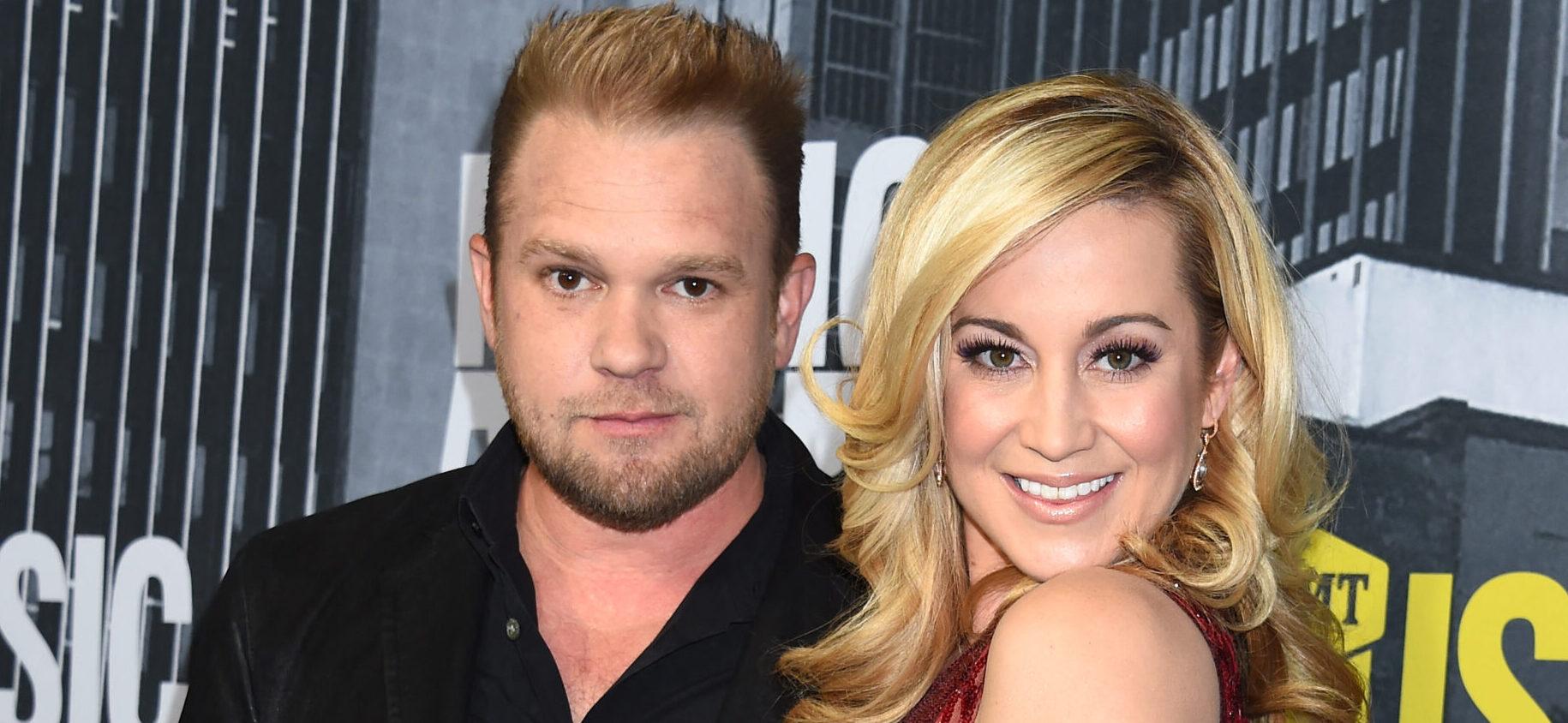By making character a key factor in presidential elections, Carter forced Americans to consider how much it mattered to them. As it turns out, not much
Get the latest from Father Raymond J. de Souza straight to your inbox
Published Jan 05, 2025 • Last updated 1 hour ago • 4 minute read

President Jimmy Carter, dead at age 100, lived long enough to glimpse history’s verdict upon him. It was not as bad as the universally applied “failed presidency” when he lost to Ronald Reagan in 1980, and it universally praised him as a good man doing good works as the “best ex-president” ever.
The 2002 Nobel Peace Prize cemented the latter designation, though the prestige of the prize diminished when it was later awarded to Al Gore (2007) and Barack Obama (2009). Three Democrat presidential candidates in seven years seemed a touch partisan.
Advertisement 2
THIS CONTENT IS RESERVED FOR SUBSCRIBERS
Enjoy the latest local, national and international news.
- Exclusive articles by Conrad Black, Barbara Kay and others. Plus, special edition NP Platformed and First Reading newsletters and virtual events.
- Unlimited online access to National Post and 15 news sites with one account.
- National Post ePaper, an electronic replica of the print edition to view on any device, share and comment on.
- Daily puzzles including the New York Times Crossword.
- Support local journalism.
SUBSCRIBE FOR MORE ARTICLES
Enjoy the latest local, national and international news.
- Exclusive articles by Conrad Black, Barbara Kay and others. Plus, special edition NP Platformed and First Reading newsletters and virtual events.
- Unlimited online access to National Post and 15 news sites with one account.
- National Post ePaper, an electronic replica of the print edition to view on any device, share and comment on.
- Daily puzzles including the New York Times Crossword.
- Support local journalism.
REGISTER / SIGN IN TO UNLOCK MORE ARTICLES
Create an account or sign in to continue with your reading experience.
- Access articles from across Canada with one account.
- Share your thoughts and join the conversation in the comments.
- Enjoy additional articles per month.
- Get email updates from your favourite authors.
THIS ARTICLE IS FREE TO READ REGISTER TO UNLOCK.
Create an account or sign in to continue with your reading experience.
- Access articles from across Canada with one account
- Share your thoughts and join the conversation in the comments
- Enjoy additional articles per month
- Get email updates from your favourite authors
Article content
The impact of Carter’s presidency was more significant than the Camp David Accords and the deregulation that would later be associated with the Reagan revolution. A relatively unknown figure when he announced his presidential candidacy in late 1974, Carter presented himself to the American people as something of what he would become after leaving office, the good man who would do good works. In 1976 the emphasis was on being a good man. It was a cultural argument, and Carter ’76 played cultural politics.
“All I want is the same thing you want,” Carter said in a hundred different ways in 1976. “To have a nation with a government that is as good and honest and decent and competent and compassionate and as filled with love as are the American people.”
A “government as good as the people” became his refrain, coupled with his promise to “never lie” to the American people. That was not a policy platform, much less a political philosophy. It was a promise not to cheat and not to lie.
Both were very low bars, but the prevailing standards then were lower still. In the five years before Carter launched his presidential bid, Americans had wallowed in the “long national nightmare” of Richard Nixon’s lies about Watergate. And before that, the more serious revelations that both the Kennedy and Johnson administrations had repeatedly lied to the American people and to Congress about Vietnam.
By signing up you consent to receive the above newsletter from Postmedia Network Inc.
Article content
Advertisement 3
Article content
Thus Carter argued that it was not good government that was needed as much as good men. And he was a good man, speaking more freely than any of his predecessors about his religious conversion and the centrality of his Christian faith.
That shift in campaign strategy would have two long-lasting effects, both contrary to what Carter would have wanted.
The first was to elevate in prominence the political influence of American evangelical Protestants; it was Carter who introduced many Americans to the “born-again” Christians who did not belong to the old Protestant mainline establishment churches. Yet that newly mobilized political power would move quickly in a conservative direction. The “Moral Majority” went heavily for Reagan in 1980, and those same voters proved loyal in a partisan way for generations, including voting for Donald Trump.
The second long-term effect was that character came to count for less — much less — in political leaders. Unwittingly, by making character such a key factor, Carter forced Americans to consider how much character mattered to them. Was it important that an American president be as good as the American people preferred to believe that they were?
Advertisement 4
Article content
In 1976, that consideration worked to Carter’s favour. But eventually Americans would decide that they were quite content to have leaders as compromised and corrupt as their culture had become, and that good results — It’s the economy, stupid! — were more important that being a good man.
In 1992, one of the great good men, George H.W. Bush, was defeated by “Slick Willie.” Bill Clinton didn’t even bother to present himself as a good man. Bush was shocked and devastated that he lost to the “draft-dodging, pot-smoking philanderer.”
In the 2016 election, Democrats thought that they had a convincing argument against Trump, that he was morally unworthy of the presidency, his character too tawdry, his integrity too much in question. Trump’s response was effective: I am no worse that Bill Clinton.
Carter raised the character stakes. It worked to his advantage in 1976, and after he was president. He died an admired man. But character no longer counts, as the long parade of morally dubious figures in public life attests.
President Jimmy Carter died on the fourth light of Hanukkah. In 1979, he was the first American president to light a Hanukkah menorah publicly, beginning an annual Washington tradition that raised the public profile of the Jewish feast. He lit the fourth light of the menorah in 1979, amidst the darkest days of his presidency; the new Iranian regime had just seized hostages in the American embassy in Tehran.
Carter was a devout Christian whose life had something of that Hanukkah and Christmas sense, the flickering light that endures in the darkness. The light that shines in the darkness, which the darkness does not overcome.
Jimmy Carter lived a life moving toward the light. Requiescat in pace.
Recommended from Editorial
-

Derek Burney: Driving Mr. Carter — my unusual excursion through London with a newly minted president
-

Jimmy Carter, the U.S. president from the Plains, dies at 100
Article content
Get the latest from Father Raymond J. de Souza straight to your inbox

 5 days ago
1
5 days ago
1














.png)



















 Bengali (BD) ·
Bengali (BD) ·  English (US) ·
English (US) ·